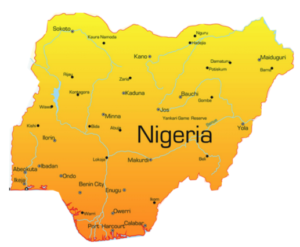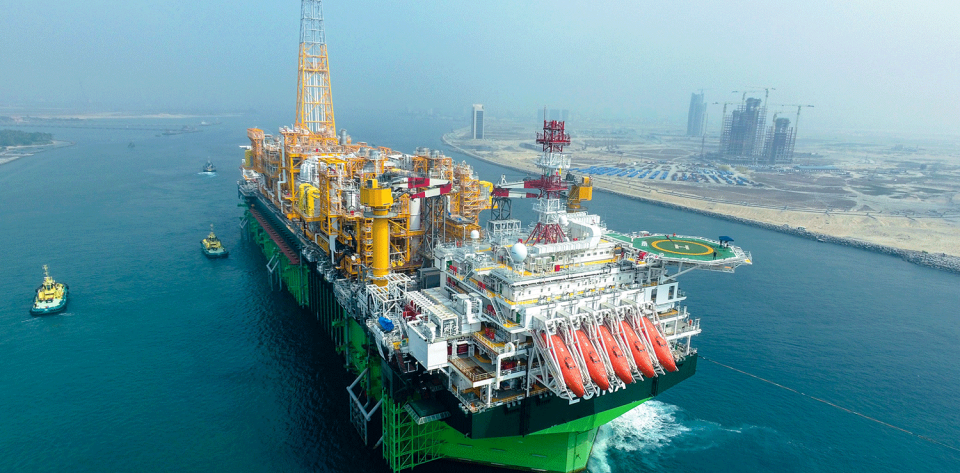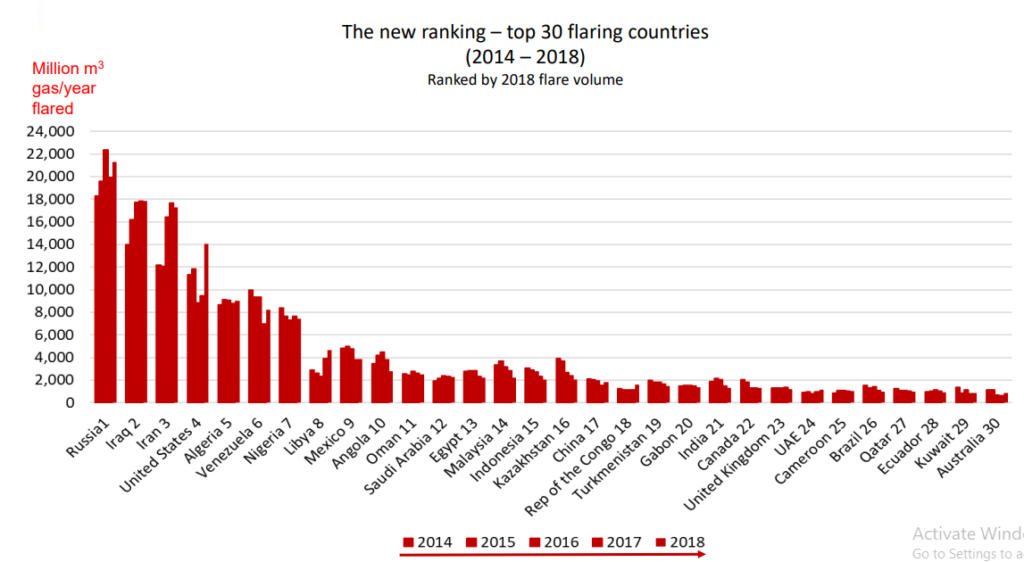Nigeria facts and figures
Nigeria,located on the Gulf of Guinea, on Africa’s western coast- it shields an area of about 9,24,000 Sq.km. With around 203 million people, Nigeria is one of the major populous countries within OPEC.
Abuja, the capital since 1991, has a population of more than one million. Apart from English, many local languages like Yoruba Hausa, Igbo and Ijaw are also spoken by the people in the country.

(Image Source: https://www.westafricareporters.com/3-5-million-fraud-nine-nigerians-arrested-charged-in-america/)
Service sector drives the country’s GDP. Oil Industry shares about 9%, agriculture about 27%, but oil makes up to 90% of country’s foreign exchange. That’s the money that inflows into the country. From Oil export point of view, India is the chief consumer of Nigerian oil. It can be seen that non-oil sector makes up-to 91% in GDP.
Nigeria Facts 2018
| Population (million inhabitants) | 202.990 |
| Land area (1,000 sq km) | 924 |
| Population density (inhabitants per sq km) | 220 |
| GDP per capita ($) | 2,056 |
| GDP at market prices (million $) | 417,410 |
| Value of exports (million $) | 63,020 |
| Value of petroleum exports (million $) | 54,513 |
| Current account balance (million $) | 5,334 |
| Proven crude oil reserves (million barrels) | 36,972 |
| Proven natural gas reserves (billion cu. m.) | 5,675 |
| Crude oil production (1,000 b/d) | 1,601.6 |
| Marketed production of natural gas (million cu. m.) | 44,250.8 |
| Refinery capacity (1,000 b/cd) | 446.0 |
| Output of petroleum products (1,000 b/d) | 33.1 |
| Oil demand (1,000 b/d) | 445.5 |
| Crude oil exports (1,000 b/d) | 1,979.5 |
| Exports of petroleum products (1,000 b/d) | 21.3 |
| Natural gas exports (million cu. m.) | 28,625.6 |
(Fact Source: OPEC)
Nigeria Oil Market
Nigeria is one of the leading oil and gas producers in Africa region, producing both light and relatively heavy crude oil.

Egina Offshore Project, Picture Source: Total.com
Oil exploration in Nigeria started in 1903 and during this time, Nigerian Bitumen Corporation was involved in exploratory work in the country. Small companies faced challenges in E&P business in Nigeria during this time due to techno financial resources, which created opportunities for big companies to take over the business. Shell and British Petroleum were among market players in Nigeria, who began E&P activities dated back to 1937. Since then Nigeria has become one of major player in global oil and gas business, covering both onshore and offshore terrain. By the end of the 1950s, many other companies were awarded license to explore for hydrocarbons: Mobil in 1955, Tenneco in 1960, Gulf Oil, Chevron in 961, Agip in 1962, and Elf in 1962.
Having about 159 fields, Niger Delta Basin is one of the most productive basin in the country. With reference to associated petroleum gas, Nigeria has a big potential for LNG business, for which the Government of Nigeria is working closely with major E&P companies in the country.
There are six oil export terminals in the country, which are owned by Shell, Mobil, Chevron, Texaco, and Agip.
Nigeria natural gas Market
Proven Natural gas reserves are well over 5.6 tcm, and Nigerian Liquified Natural Gas Company plays a major role in natural gas drive in the country. Chevron is also working on APG gas utilization Project in the country. Local government is trying to promote natural gas, helping country’s electric energy status to improve. Nigeria’s interest in gas export business lies through gas pipeline and LNG. has a plan for gas export through West African Gas Pipeline. Most of APG gases are flared and daily loss of of about 18.2 million US$ is incurred because of flaring. Nigeria is working on APG utilization projects, which indicates huge business opportunities in gas sector.
Natural gas flaring
Nigeria flares more APG than any other country, with estimates suggesting that of the 7.4 bcm of associated petroleum gas (APG) are flared in 2018. It is too costly to separate commercially possible gas from oil, hence gas is flared to rise crude production. However, Nigeria is working on APG utilization projects in-order to lessen the effect of flaring gas.

Flare Volume Graph Source: World Bank
In Nigeria Gas market, one can see huge business opportunities as the country is inclined towards gas based economy by developing gas infrastructure.
Downstream
There are four major oil refineries in Nigeria: the Warri Refinery and Petrochemical Plant, the New Port Harcourt Refinery, ‘Old’ Port Harcourt Refinery, the now defunct Kaduna Refinery.
Major Companies in Nigeria
NNPC, Shell Nigeria, Chevron, Exxon Mobil, Nigerian Agip Oil Company Limited, Total Petroleum Nigeria Limited, Texaco
Petrochemical and Fertilizer
Ongoing transformations in Nigeria’s natural gas sector drive the West African country a regional hub for petrochemical and fertilizer production. To achieve this, there is a need for greater private sector investment in gas exploration and production.
Reference Sources:
- https://www.opec.org/opec_web/en/about_us/167.htm
- https://africacheck.org/reports/nigerias-economy-services-drive-gdp-but-oil-still-dominates-exports/
- http://pubdocs.worldbank.org/en/645771560185594790/pdf/New-ranking-Top-30-flaring-countries-2014-2018.pdf
- https://www.westafricareporters.com/3-5-million-fraud-nine-nigerians-arrested-charged-in-america/
- https://en.wikipedia.org/wiki/Petroleum_industry_in_Nigeria
- https://www.processingmagazine.com/nigeria-petrochemical-fertilizer-production-hub/




